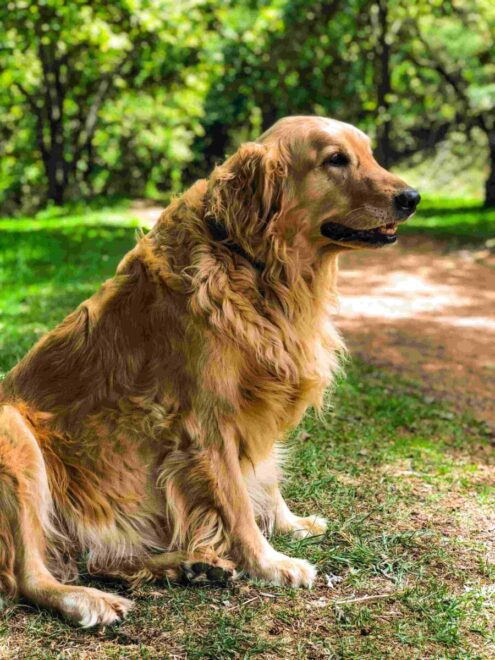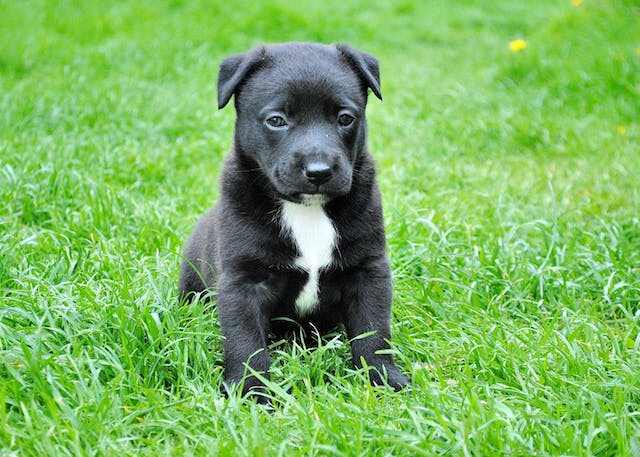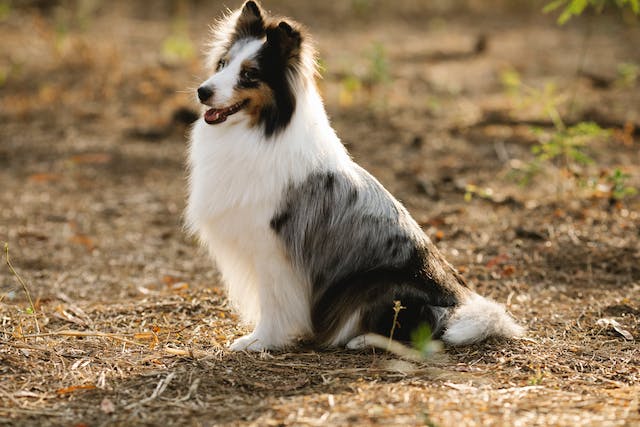
The quintessential picture of a rich, green garden may be a source of pride and delight for homeowners. However, for those with canine companions, maintaining such a scene regularly comes with its own set of challenges. One of the most common concerns rotates around the impact of dog pee on grass. Will dog pee kill grass? In this broad exploration, we set out on a travel to uncover the truth behind this age-old question. Through a careful examination of the composition of dog pee, the scientific mechanisms at play, and practical solutions for relief, we point to supply homeowners with a comprehensive understanding of this marvel.
Table of Contents
Will dog pee kill grass?

Understanding the Composition and Affect of Dog Pee:
Dog pee is a complex liquid comprising water, urea, smelling salts, nitrogen, creatinine, and other waste items. Of specific interest concerning its affect on grass is the nitrogen content. Nitrogen, a vital supplement for plant growth, can too become negative when show in excessive amounts. When a dog urinates on grass, the concentrated nitrogen load Can control plants capacity to absorb it, leading to what is commonly alluded to as garden fire.
Delving into the Science of Garden save:
Grass burn shows as brown spots or patches on the grass, indicative of localized damage caused by the urine’s nitrogen concentration. The process of lawn burn includes a few complex instruments.
1. Nitrogen Overload: The nitrogen-rich dog pee soaks the soil and grass edges, outperforming the plants’ ability to utilize it successfully for growth.
2. Smelling salts Formation: Upon contact with the soil, urea in the pee experiences enzymatic breakdown, discharging smelling salts. Ammonia, in turn, contributes to the alkalinity of the soil, advance compounding the push on grass.
3. Root Drying out: The high salt content in urine can disturb the sensitive adjust of water take-up by the grass roots, driving to drying up and consequent browning of the foliage.
Factors Affecting the Seriousness of Grass Burn:
The extent of garden burn caused by dog pee can change depending on a few factors.
1. Dog Size and Breed : Larger dogs tend to produce more pee, expanding the nitrogen stack stored on the grass. Also, certain breeds may display varieties in urine composition, influencing its affect on vegetation.
2. Pee Weakening: Weakening the pee with water quickly after urination can help relieve its effects by lessening the nitrogen concentration and minimizing damage to the grass.
3. Recurrence and Volume of Urination: Dogs that repeatedly urinate in the same spot or in high volumes can make localized zones of nitrogen immersion, forces the chance of lawn burn.
4. Soil Composition and Grass Species: The inalienable characteristics of the soil, such as its surface, pH, and supplement substance, as well as the sort of grass species display, play a critical part in deciding the lawn’s resilience to urine-induced harm.
5. Hydration and Diet : Ensuring satisfactory hydration for your dog and giving a adjusted diet can impact the composition of their pee, possibly decreasing its nitrogen concentration and moderating its affect on grass.
Relieving the Impacts of Dog Pee on Grass:

While avoiding dogs from urinating on the garden completely may not be attainable, different procedures can be utilized to minimize the unfavorable effects of pee on grass.
1. Energize Hydration : Ensure that your dog has get to to clean, fresh water at all times to promote frequent urination and weakening of pee.
2. Designate Urination Ranges : Train your dog to urinate in specific areas of the yard, away from sensitive grass patches, by creating assigned “bathroom spots” lined with materials such as rock or mulch that are less vulnerable to damage.
3. Water Immediately : Immediately after your dog urinates, completely water the affected area to weaken the pee and flush away excess nitrogen, diminishing the risk of grass burn.
4. Adjust Diet : Consult with your veterinarian to explore dietary choices that can adjust the pH and nitrogen content of your dog’s pee, possibly reducing its harmful effects on grass.
5. Reseed and Fertilize : Regularly reseed uncovered patches and fertilize your grass with nitrogen-balanced or nitrogen-neutral fertilizers to advance healthy grass growth and help in the recovery from grass burn.
Conclusion:
In conclusion, while dog pee can in fact pose a threat to the health and aesthetics of your garden, outfitted with information and proactive measures, homeowners can successfully relieve its negative effects. By understanding the intricate components of lawn burn, implementing vital management practices, and fostering a agreeable relationship between pet ownership and grass care, it is possible to realize a dynamic, green scene that can be enjoyed by both people and their furry companions. So, the another time you consider, Will dog pee kill grass? You can be confident that your garden can thrive in close proximity to your beloved dog if it receives the right attention and care.
Will Dog Pee Harm My Grass?
Dog urine can cause brown spots (“lawn burn”) due to its nitrogen content. Dilute urine with water and maintain hydration to minimize damage.
How to Prevent Lawn Damage?
Designate urination spots away from delicate grass. Keep your dog hydrated and consider reseeding bare patches with nitrogen-balanced fertilizers.
Can I Train My Dog?
Yes, use positive reinforcement to encourage urination in designated areas. Consistency is key to success.
